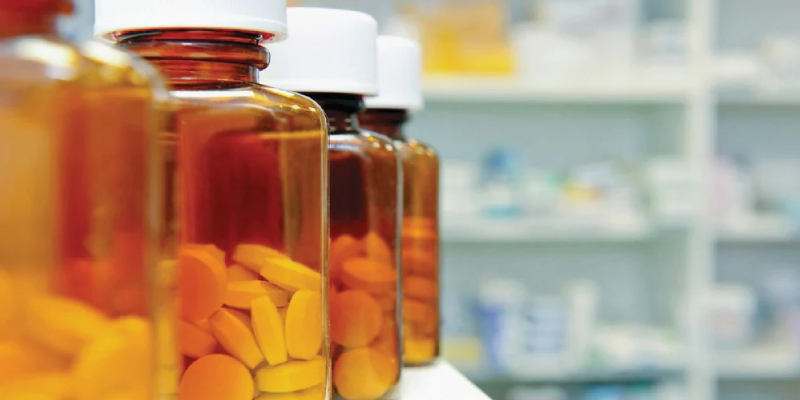
For millions of Americans, prescription drugs provide the help they need to live healthy, independent, pain-free lives. The Food and Drug Administration (FDA) carefully examines each new drug before allowing pharmaceutical companies to release them onto the market.
However, patients sometimes have special needs that standard prescription medications cannot meet. Compounding pharmacies present solutions to these anomalies, creating customized formulations or delivery methods for patients with allergies or other special considerations. Since a licensed pharmacist must change the ingredients of a medication to meet individual needs, the practice comes with heavy inspections and heightened accountability. Unfortunately, many compounding pharmacies fail to protect public health adequately.
Compound drugs can and do save lives. However, when pharmaceutical companies engage in unapproved compounding practices, the ramifications for patients can include:
- Contamination. Individual or small batches of medication are more vulnerable to harmful fungi or other particles.
- Incorrect potency. While FDA-approved formulations have been shown to produce consistent results, custom mixtures may be too weak or strong for patients.
- Diminished quality. Drugs mixed at independent compounding facilities often lack the quality control of major pharmaceutical manufacturers.
- Impurities. Outside agents in compound drugs often reduce their efficacy.
- Exacerbated illness. Patients with serious health issues often receive compound formulations. These can fail to adequately treat conditions, and their side effects can in turn severely impact an individual’s wellbeing.
- Higher costs. An unfortunate number of compounding pharmacies take advantage of insurance billing policies by loading compound drugs with expensive ingredients. Prescription plans often pass these costs to customers or refuse to cover medications.

